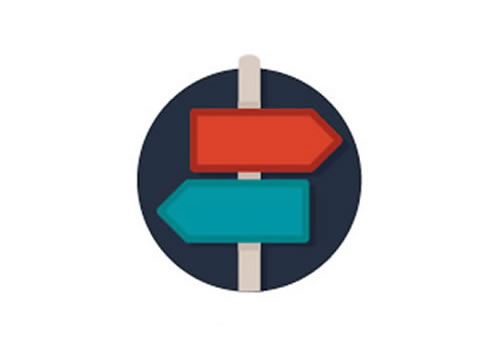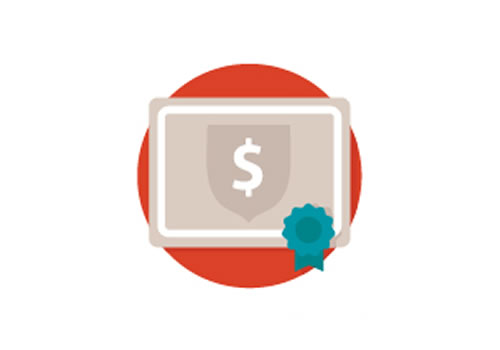Mortgage Note aka: Promissory Note, Real Estate Note
Contents
What is a Mortgage Note?
Mortgage notes are really promissory notes, which are a promise to pay a debt. A mortgage is a security instrument used to secure the note, so many times people use the term mortgage note to define a mortgage and a note.
This mortgage note is a loan used to purchase real estate for a home in the United States, Canada, Australia, New Zealand or other countries. It describes the size of the loan, the repayment period, including the maturity and interest rate, and the payment terms.
Why Consumers Choose Private Mortgages
Private mortgage notes can be bought by a buyer, seller or lender, and by a private lender or broker who wants to sell them. The owner starts selling private bonds when he wants to convert his notes into lump sums, and the owner starts selling them when the owner of the notes wants to convert his notes into lump sums. Before you start selling, you will need to have information about the mortgage you own and the interest rate on the note. These attributes include the terms of the mortgage, the amount of the loan and the number of years of service on the note, as well as the remaining debt.
In the recent recession, the influx of private mortgage bonds led to a sharp increase in the number of mortgages requiring refinancing and an increase in interest rates. However, many of these homes are in disrepair and will be abandoned, making it almost impossible to get a traditional mortgage. Because a home must be assessed as part of a bank-based mortgage, houses that require extensive repairs and renovations may not be purchased with a private mortgage. Those who are self-employed, unemployed, or in a low-income household can switch to private mortgage options if they do not qualify for traditional banking options.
Others use private mortgages to hold assets such as property, cars or other assets for their children or grandchildren in the family. If a family member sells the house and another family member needs it, it makes sense to pay the interest on the mortgage to them, not to the bank. Those who own a private mortgage are essentially acting like a bank with a traditional mortgage, and therefore assume the risk just like the bank.
Risks of Holding a Mortgage Note
There are several risks associated with holding promissory mortgage note.
- The payor may stop paying
- The payor may declare Bankruptcy
- The Payor may die
- The house may decrease in value below the value of the note
- The house may burn down or otherwise be damaged and the house may not have sufficiently insured to make you whole.
Facts on Selling a Mortgage Note
Those who only need a small amount of money can sell part of the expected rate on their mortgage for cash. Selling the mortgage bond may be one way to avoid the risk of a borrower defaulting, or it may simply be another way to liquidate an asset for usable capital quickly. Even mortgage notes where the borrower does not make regular payments can be sold, even if they are not in the same bank account.
As an easily liquidable asset, mortgage notes can easily be used as liquidation instruments in the event of a financial crisis or other financial event. The owner of the private mortgage bond may choose to continue receiving the monthly payments described in the bond or to sell them to the company that purchased the mortgage bonds.
Why Should You Sell Your Mortgage Note?
There are many reasons you may want to sell your mortgage note to a note buyer, here are few reasons we see people selling there mortgage notes to us.
- The need for cash to pay of some debts
- To pay off medical bills
- To Invest in a better opportunity
- To take a vacation
- To buy a new toy or car
- To pay for a Childs college tuition

How to sell you Mortgage Note
When you are ready to sell you mortgage note, real estate note or promissory note that are a number of documents you will need to gather.
- The Original Mortgage Note / Promissory Note is needed.
- The Security Instrument: A Mortgage or Trust Deed
- The original Sales Contract
- Payment History of the mortgage note
- Credit history of the person paying the mortgage note

4 Steps in selling your mortgage note to a note buyer
- Fill out the form on this website
- When we call you, we will request some basic information
- We will evaluate you mortgage note/ We will make you an offer
- You accept or reject the offer. If you accept we will wire the money to you as soon as we have all the necessary documents and have completed our due diligence.
Give the details to the company that bought your mortgage bond for free or to a company you know, such as the bank. Once you sign your contract, the offer will be checked by a qualified mortgage provider for accuracy and should be evaluated for quality, accuracy and cost – effectiveness of the contract submitted. The purchasing company goes through a due diligence phase before placing an order, in which all the details of the purchase are recorded.
The purchasing company goes through the due diligence phase to obtain all these details about the purchase before placing an order. After the contract is concluded, the seller receives the money in the form of a cash payment, which is usually similar to a mortgage payment.

